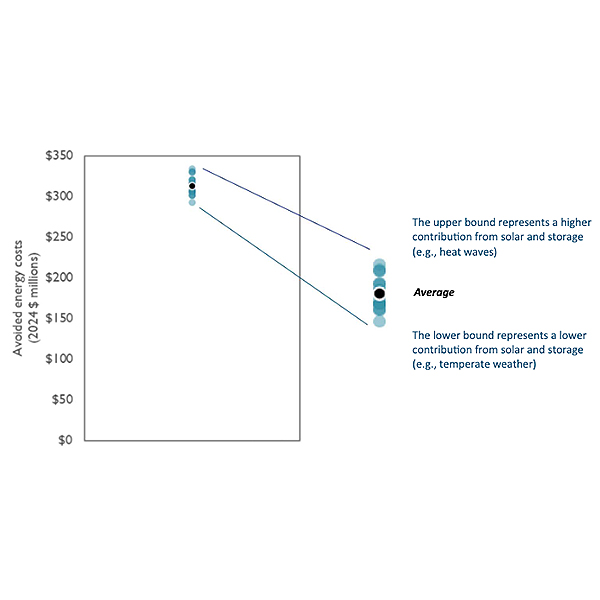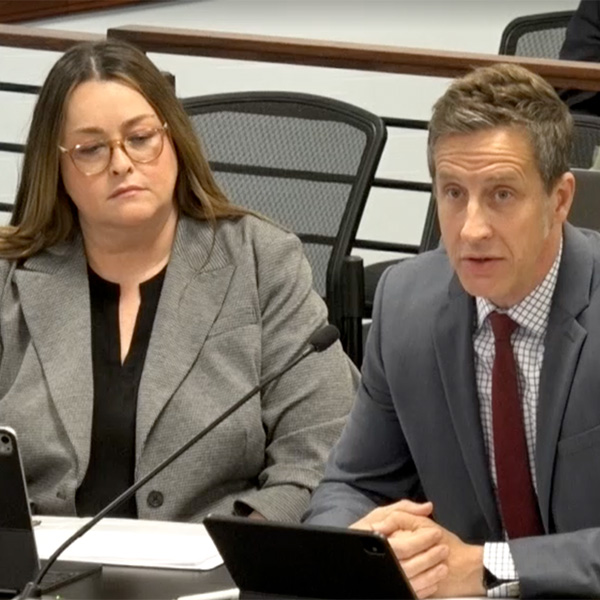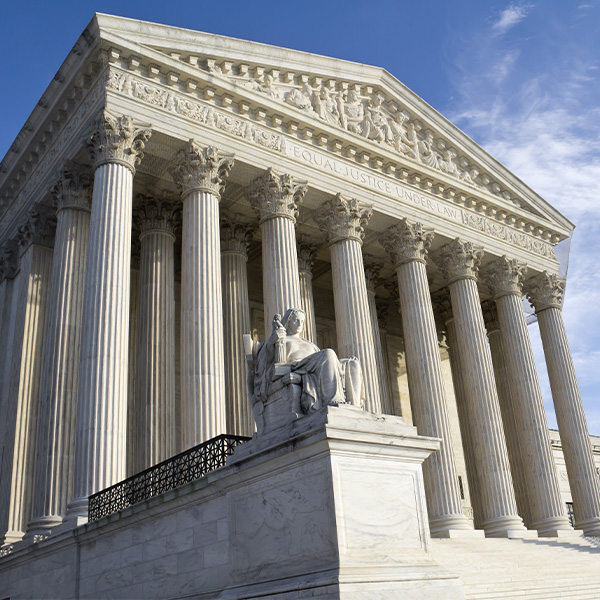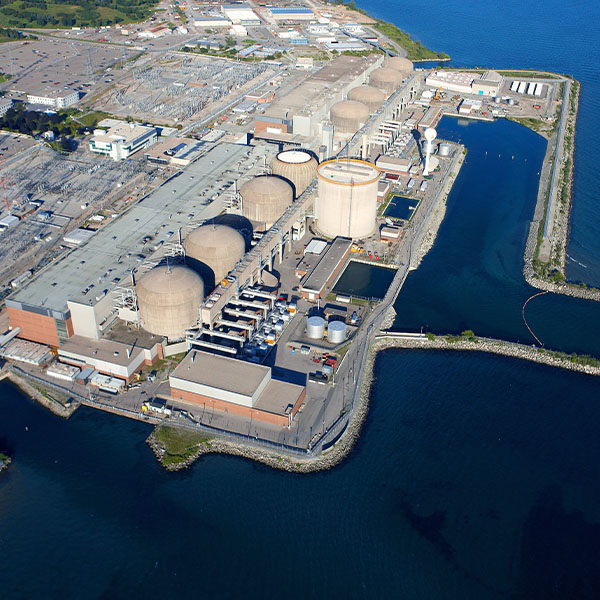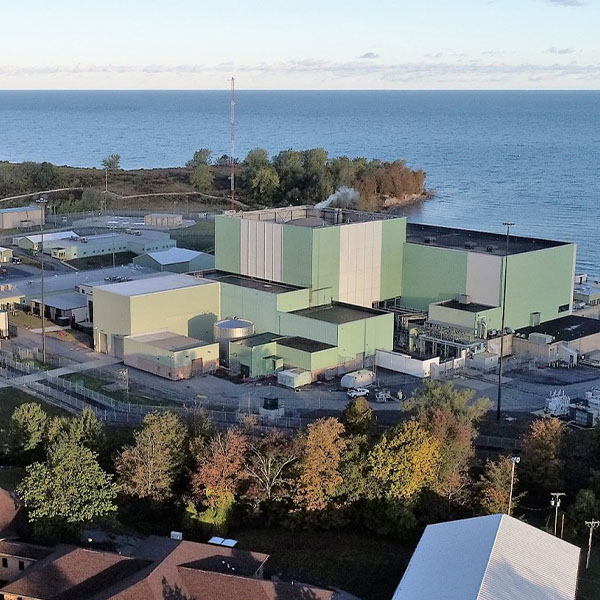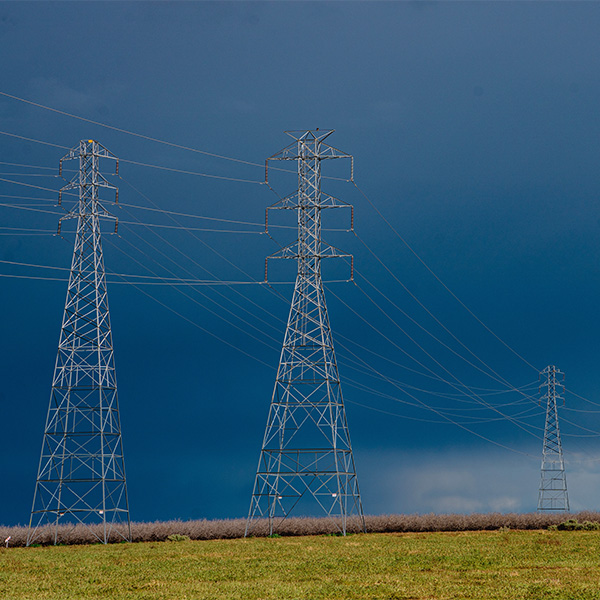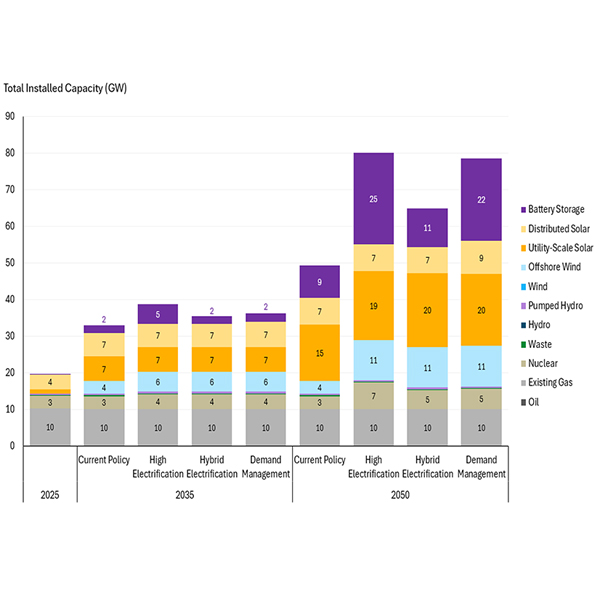State & Regional
AlabamaAlaskaArizonaArkansasCaliforniaColoradoConnecticutDelawareDistrict of ColumbiaFloridaGeorgiaHawaiiIdahoIllinoisIndianaIowaKansasKentuckyLouisianaMaineManitobaMarylandMassachusettsMichiganMinnesotaMississippiMissouriMontanaNebraskaNevadaNew HampshireNew JerseyNew MexicoNew YorkNorth CarolinaNorth DakotaOhioOklahomaOntarioOregonPennsylvaniaRhode IslandRTO-IndianaSouth CarolinaSouth DakotaTennesseeTexasUtahVermontVirginiaWashingtonWest VirginiaWisconsinWyoming
A new report estimates that solar and battery storage growth in New England between 2025 and 2030 could reduce wholesale energy costs across the region by about $684 million annually by 2030.
The Arizona Corporation Commission approved a demand-side management plan for Arizona Public Service that slashed the plan's proposed budget by more than half and eliminated many of its programs.
Raab Associates held its final New England Electricity Restructuring Roundtable, bringing reflections from speakers about the legacy of restructuring and the future of the power sector in the region.
The Supreme Court should reject an appeal from Duke Energy of an antitrust case it lost in lower courts, the Office of the Solicitor General said.
Ontario approved a $26.8 billion CAD plan to overhaul four aging nuclear reactors that supply approximately 11% of the province’s electricity needs.
U.S. electricity outage hours reached their highest levels in a decade in 2024 due to the impact of Hurricanes Beryl, Helene and Milton, the EIA reported.
The New York Power Authority announced the appointments of Todd Josifovski and Christopher Hanson to its advanced nuclear energy initiative.
El Paso Electric again is seeking regulatory approval for its New Mexico renewable energy plan after resolving tariff-related cost uncertainty of a solar-plus-storage procurement proposed in the plan.
The California Department of Water Resources and other parties have asked CAISO to restart a transmission access charge initiative that was put on hold in 2018 due to the development of the ISO’s Extended Day-Ahead Market.
New Jersey should continue to pursue a strategy of heavy reliance on clean energy to head off the state’s looming energy shortage, with no increase in natural gas generation, says outgoing Gov. Phil Murphy.
Want more? Advanced Search
